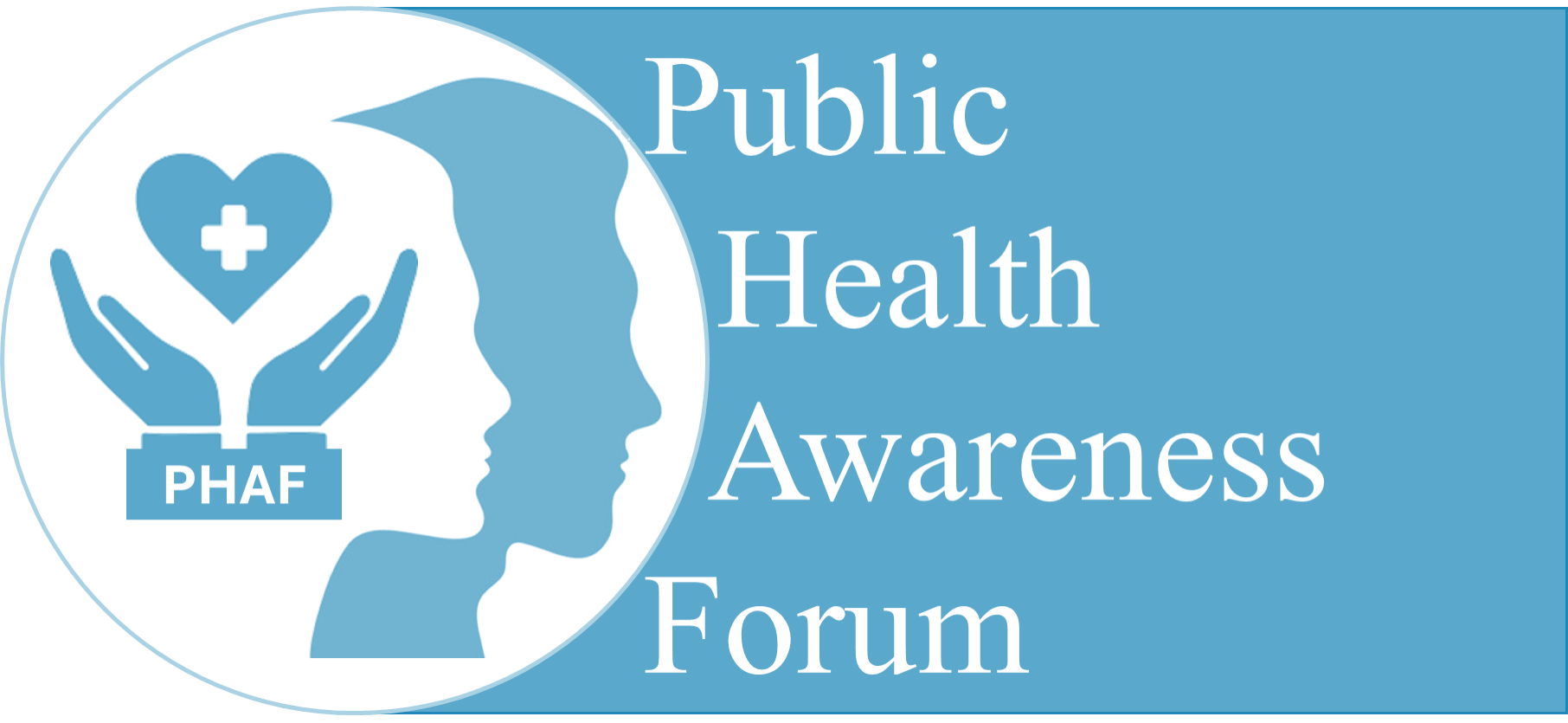Traveling during pregnancy can be both exciting and challenging. Whether you’re planning a vacation, a business trip, or visiting family, understanding the implications of travel during pregnancy is crucial for ensuring both your health and the safety of your baby. This comprehensive guide provides detailed information on traveling while pregnant, including considerations for different stages of pregnancy, tips for safe travel, and advice on managing common travel-related issues.
Understanding Travel During Pregnancy
Traveling during pregnancy can have various effects on both you and your baby, depending on the destination, mode of transportation, and the stage of pregnancy. While many women travel safely during pregnancy, it?s essential to be informed about potential risks and take appropriate precautions.
Timing and Stages of Pregnancy
The safest time to travel during pregnancy is generally between the 14th and 28th weeks. This period, often referred to as the second trimester, is when many women experience fewer pregnancy-related complications and have more energy compared to the first and third trimesters. However, traveling in the first or third trimester is also possible with careful planning and precautions.
- First Trimester (Weeks 1-13): The first trimester can be challenging due to symptoms like morning sickness, fatigue, and hormonal changes. While many women still travel during this time, it’s important to plan for potential discomfort and have access to medical care if needed.
- Second Trimester (Weeks 14-27): The second trimester is generally considered the safest and most comfortable time to travel. Most women have more energy and fewer symptoms, making it an ideal period for travel. However, always check with your healthcare provider before making any travel plans.
- Third Trimester (Weeks 28-40): Traveling in the third trimester requires more caution. As your due date approaches, you may experience increased discomfort, swelling, and fatigue. Additionally, there is a higher risk of preterm labor, so it?s important to be prepared for any potential emergencies.
Preparing for Your Trip
Proper preparation is key to a smooth and enjoyable travel experience during pregnancy. Here are some important steps to consider when planning your trip:
Consulting Your Healthcare Provider
Before embarking on any trip, consult your healthcare provider to ensure it is safe for you to travel. They can provide personalized advice based on your health, pregnancy status, and any potential risks. Be sure to discuss:
- Your destination and its accessibility to medical facilities.
- Your overall health and any pregnancy-related complications or concerns.
- Any necessary vaccinations or precautions for travel to specific regions.
Choosing Your Destination
When choosing a travel destination, consider the following factors to ensure a safe and comfortable trip:
- Healthcare Facilities: Opt for destinations with good access to medical care in case of any pregnancy-related issues. Research local hospitals or clinics and their capabilities.
- Climate: Consider the weather conditions of your destination. Extreme heat or cold can affect your comfort and health. Pack appropriate clothing and stay hydrated.
- Travel Restrictions: Check for any travel advisories or restrictions related to health concerns, including those specific to pregnant travelers.
Travel Insurance
Travel insurance is a must-have when traveling during pregnancy. It can provide coverage for unexpected medical expenses, trip cancellations, or emergencies. Look for a policy that includes:
- Coverage for pregnancy-related complications and emergencies.
- Access to 24/7 medical assistance and emergency evacuation if needed.
- Coverage for trip cancellations or interruptions due to pregnancy-related issues.
Health and Safety Precautions
Taking steps to ensure your health and safety during travel is essential. Consider the following tips:
- Stay Hydrated: Drink plenty of water to stay hydrated and prevent dehydration, which can be exacerbated during travel.
- Eat Healthily: Maintain a balanced diet and avoid foods that could cause digestive issues. Carry healthy snacks and stay mindful of food safety to prevent foodborne illnesses.
- Comfortable Clothing: Wear loose, comfortable clothing and supportive footwear to reduce discomfort and swelling. Consider wearing compression stockings to improve circulation during long periods of sitting.
- Frequent Movement: If traveling by plane or car, take regular breaks to stretch your legs and improve circulation. Walk around every 1-2 hours and perform simple exercises to reduce the risk of blood clots.
Traveling by Air
Air travel is generally safe during pregnancy, but there are specific considerations and precautions to keep in mind:
Flight Safety and Comfort
Follow these tips to ensure a comfortable and safe flight:
- Choose Your Seats Wisely: Opt for an aisle seat to make it easier to get up and move around. Also, choose a seat with extra legroom if possible.
- Wear Compression Stockings: To reduce the risk of deep vein thrombosis (DVT), wear compression stockings and move around frequently during the flight.
- Stay Hydrated: Drink plenty of water and avoid excessive caffeine or alcohol, which can contribute to dehydration.
- Follow Security Guidelines: Be aware of security procedures and inform security personnel of your pregnancy if necessary. Carry essential medical documents and any necessary medications in your carry-on luggage.
Airline Policies
Check with your airline about their policies regarding pregnant travelers. Many airlines have specific guidelines and restrictions, especially as you approach your due date. Some airlines may require a doctor’s note or have restrictions on travel during the later stages of pregnancy.
Traveling by Car
Traveling by car provides more flexibility but requires additional planning to ensure comfort and safety:
Car Safety and Comfort
Consider the following tips for a safe and comfortable road trip:
- Plan Your Route: Plan frequent rest stops to stretch your legs and take breaks. Aim for stops every 1-2 hours to reduce the risk of blood clots and discomfort.
- Adjust Your Seat: Position your seat to maximize comfort and support. Adjust the backrest and seat height to ensure proper posture and reduce pressure on your back.
- Wear Your Seatbelt: Always wear your seatbelt, positioning the lap belt below your belly and across your hips to avoid any undue pressure on your abdomen.
Long-Distance Travel
If you?re planning a long-distance road trip, consider the following:
- Break Up the Journey: Break up long stretches of driving with overnight stops or short breaks to prevent fatigue and discomfort.
- Pack Essentials: Bring along essential items such as snacks, water, medications, and a comfortable pillow to support your back and neck.
- Prepare for Emergencies: Have a plan in place for medical emergencies, including knowing the locations of nearby hospitals or clinics along your route.
Traveling Internationally
Traveling internationally during pregnancy requires additional preparation and consideration:
Health and Safety Considerations
When traveling abroad, be aware of the following:
- Vaccinations and Health Precautions: Check for any required or recommended vaccinations for your destination. Ensure that vaccines are safe during pregnancy and consult your healthcare provider if needed.
- Access to Medical Care: Research the availability and quality of medical care at your destination. Know how to contact local hospitals or clinics in case of an emergency.
- Travel Documentation: Carry copies of your medical records, including your prenatal care history and any necessary prescriptions. Keep these documents in a safe and accessible place.
Travel Insurance for International Trips
Ensure that your travel insurance covers international medical care and emergencies. Verify that it includes coverage for pregnancy-related issues and any potential evacuation needs.
Managing Common Travel-Related Issues
Traveling during pregnancy can sometimes lead to common issues such as travel sickness, swelling, and fatigue. Here?s how to manage these concerns:
Travel Sickness
Travel sickness, or motion sickness, can be bothersome during pregnancy. To manage travel sickness:
- Choose a Comfortable Seat: Sit in the front seat of a car or over the wings of an airplane for the smoothest ride. Avoid reading or using screens while traveling.
- Stay Hydrated and Eat Lightly: Drink water and eat small, frequent meals to avoid nausea. Ginger or peppermint can also help alleviate symptoms.
- Use Travel Aids: Consider using motion sickness bands or medication approved by your healthcare provider if needed.
Swelling and Discomfort
Swelling, particularly in the legs and feet, is common during pregnancy. To manage swelling:
- Elevate Your Feet: When sitting or lying down, elevate your feet to reduce swelling and improve circulation.
- Wear Compression Stockings: Use compression stockings to support circulation and reduce swelling during long periods of sitting.
- Stay Active: Take regular breaks to walk around and stretch your legs to prevent fluid accumulation and improve circulation.
Fatigue and Rest
Pregnancy-related fatigue can make travel more challenging. To manage fatigue:
- Prioritize Rest: Schedule plenty of rest breaks and avoid overexerting yourself. Listen to your body and rest whenever needed.
- Plan Relaxing Activities: Choose travel activities that allow for relaxation and downtime. Avoid overly strenuous or stressful activities.
- Maintain a Comfortable Sleep Schedule: Aim for a regular sleep schedule and create a comfortable sleep environment during your travels.
Conclusion
Traveling during pregnancy can be a rewarding experience with the right planning and precautions. By understanding the considerations for different stages of pregnancy, preparing adequately, and managing common travel-related issues, you can ensure a safe and enjoyable trip. Always consult with your healthcare provider before making travel plans, and take the necessary steps to protect your health and well-being. Whether you?re embarking on a short getaway or an international adventure, being informed and prepared will help you make the most of your travel experience during this special time.



